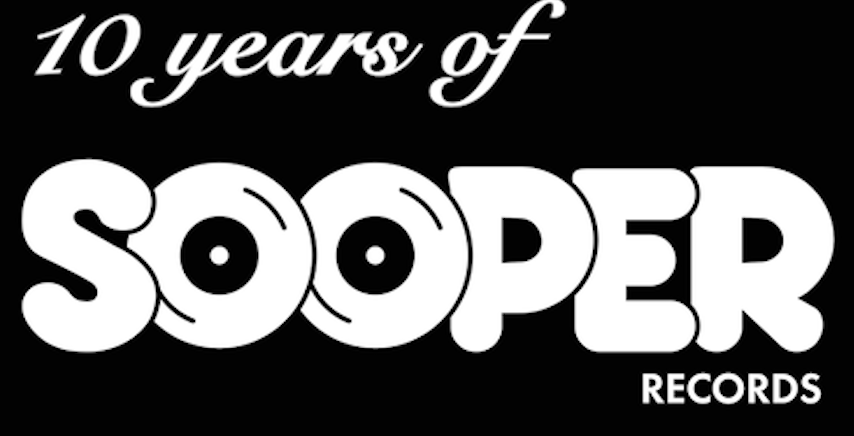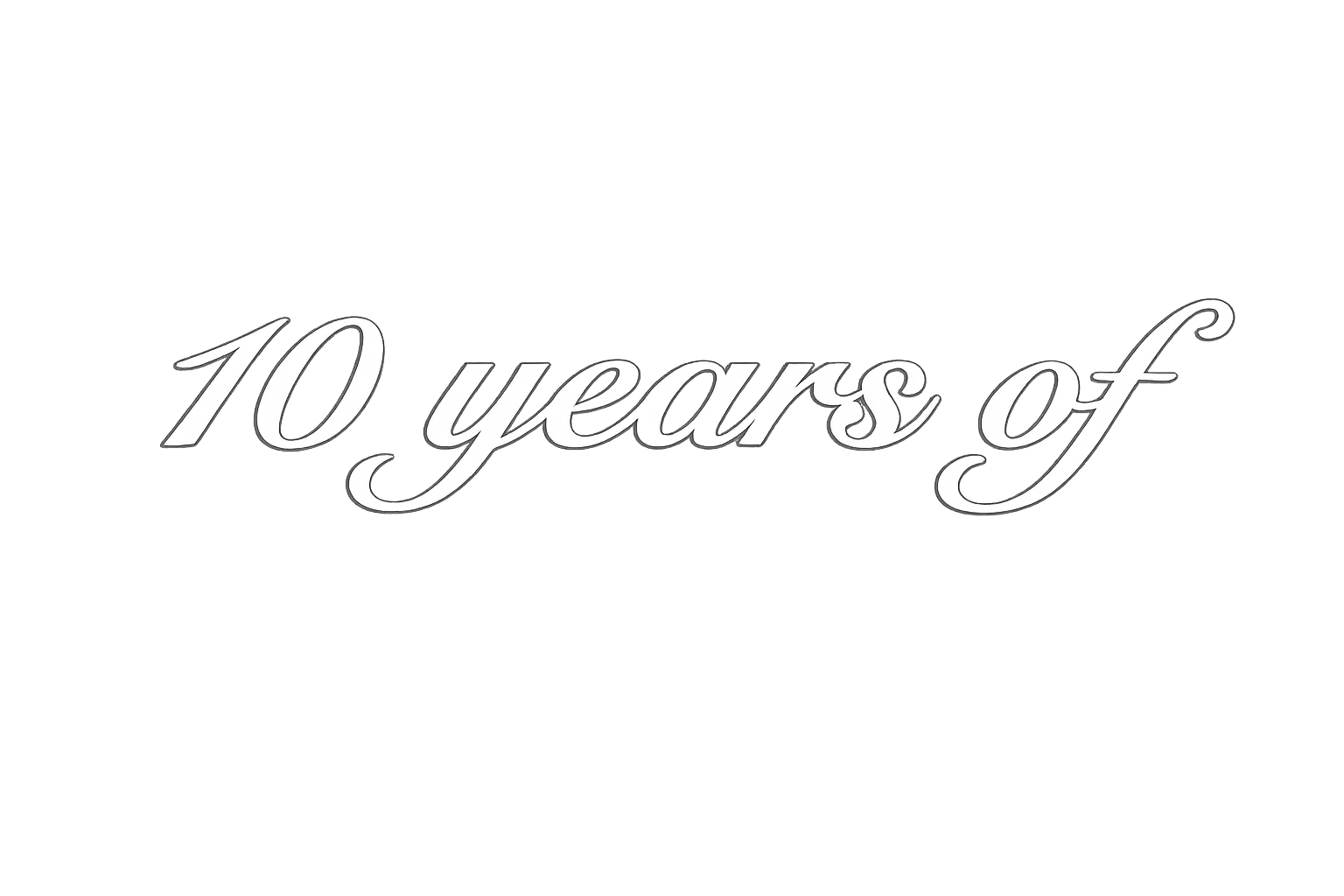Hamartia is the fatal flaw leading to the downfall of a tragic hero or heroine. A narrative tool as old as storytelling, a character’s hamartia often determines their arc (or fate) and underpins many of our favorite stories in film, literature, and music. It’s a relatable archetype: imperfect recognizable humans grappling with obstacles both internal and external. Meredith Johnston, the singer-songwriter-producer at the heart of indie project Warm Human, borrowed the term for the title of her latest LP, and her first for Sooper Records. Hamartia finds Johnston probing the depths of her own fatal flaws, without skimping on the catchy hooks and bracingly frank lyricism.
“This whole album is pop music for deranged people” Johnston says.
Johnston’s latest LP comes after last year’s alternative rock leaning Hometown Hero, and is a pendulum swing back towards Warm Human’s more electronic roots, though not without bringing with it some of the guitar infused lessons of the former. She explains that much of Hamartia was written after a period of intense introspection and personal assessment that she calls “Meredith Rehab” (Johnston has been sober for more than eight years, but spent this time living with her parents, attending daily AA meetings, taking hour-long walks, and figuring out how to tend to her own mental health). Whereas Hometown Hero was more break-up focused (which she describes as a “a wail at a funeral”), Hamartia contains gateways to bigger existential ideas Johnston investigates about herself, while also still managing to pay lip service to the timeless tragedies of romance and heartbreak (see the punky breakup anthem “My Moods!!,” and the criminally hooky “Wait”).
“I think there's been a little bit of a detachment in a lot of my lyrics before. And there's not a lot of metaphor in the lyrics in this album at all,” she says. “Sometimes I can hide behind ‘We'll tell a little story or make it really poetic,’ and I don't think the goal here necessarily was poetry. It was honesty and truth.”
Johnston wrote and produced the album with Chicago composer and producer Conor Mackey (Monobody, Lynyn, NNAMDÏ), Together, the pair crafted an album that incorporates the downtempo electronic sounds of 2019’s Ghastly, some of the rockish leanings of 2023’s Hometown Hero, and the elegant, unstructured beauty of 2022’s Hold Music, a compilation release containing ambient sketchings, skeletal songs, and piano-centric demos. Hamartia finds humanity in electronic music, with warm synth tones and moving vocal stacks frequently creating a one-woman choir effect.
This level of personal reflection comes across all over Hamartia. But self-awareness doesn’t always have to be somber, and some of the best songs on Hamartia show a more winking side of Johnston. “Love 2 Hate” is an up-tempo, irresistible, Do Revenge cut about the importance of embracing one’s own negativity from time to time (“What’s the fun in being nice when I’m so much hotter putting on my crown of ice?” she asks).
“Camel broke the straw on my fatal flaw,” Johnston sings on the soaring title track. The album is filled with these sorts of incisive, frank lyrics, that explore the LP’s trio of core concepts around bitterness, moods, and motherhood. “I asked for space and you gave me the moon,” she sings on “My Moods!!” adding, “I’m riding shotgun with my shit attitude.”
Keen-eared listeners (and classics majors) will clock more references to Greek tragedies peppered throughout Hamartia, but they are far from the only influence on the album’s writing and production. Johnston names Portishead, Sheryl Crow, Frou Frou, the Madonna album Music, and Disclosure as key inspirations. (She also says that the arena-suitable rhythm of “Dramamine” was a deliberate attempt at the whole Lumineers stomp-clap thing.) Those names may sound challenging to weave together cohesively, but Johnston does so, combining the everywoman lyricism of Crow, the cool, but not distant electronic soundscapes of Portishead, and the major pop nods of Madonna into an album that centers the negative feelings we have about ourselves, without feeling like a therapy session homework assignment.
“I'm not a poptimist. I'm a pop pessimist, and I like that. I like being able to bring actual sadness, not like therapy speak sadness, but actual despair and anguish and self-hatred and all the things that I struggle with all the time into a pop record,” she says.
Grant Rindner







